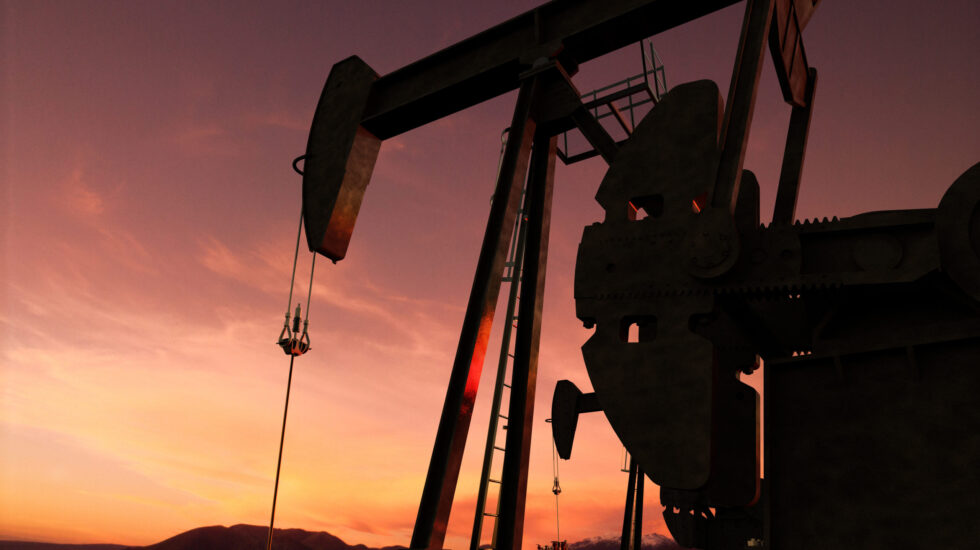If you think last year was bad for business and the economy, you’re right. And the oil industry has proof.
“The big international oil companies are reporting one of their worst annual performances in decades and signaling that the pandemic could continue to challenge their businesses in 2021,” reports the Wall Street Journal.
On Tuesday, Exxon Mobil and BP disclosed annual losses of $22 billion and $18.1 billion respectively. Those numbers follow Chevron’s Friday report of a $5.5 billion loss last year.
Yet Exxon and Chevron, which discussed a merger last year as they were “battered” by the pandemic, both contend “that the world will need vast amounts of fossil fuels for decades to come,” the Journal says.
Energy was the worst-performing sector in the S&P 500 last year, as total shareholder return fell more than 30% from 2019. Overall, the U.S. economy shrank by 3.5%, making it the worst year since the end of World War II, the Commerce Department reports.
“The past year presented the most challenging market conditions Exxon Mobil has ever experienced,” said the company’s CEO, Darren Woods.
And it appears that things won’t be getting better any time soon.
“BP said Tuesday that Covid-19 restrictions would continue to sap demand early in 2021 and that the pandemic might have an enduring impact on the global economy, with the potential for weaker demand for energy for a sustained period,” the Journal says.
In fact, BP has suggested that demand for fossil fuels might never fully recover and that the pandemic could accelerate the pace of transition to a lower-carbon economy.
In a nod to the climate crisis, Exxon said on Monday that it will form a business unit that will focus exclusively on technologies to reduce fossil-fuel carbon emissions. This would be mostly through “carbon-capture,” which removes the greenhouse gas from industrial processes or directly from the air, and sequesters it below ground.
“However, Exxon and rival Chevron haven’t set out plans to invest substantially in renewables, instead choosing to double down on oil and gas,” the Journal says.



